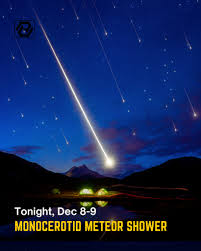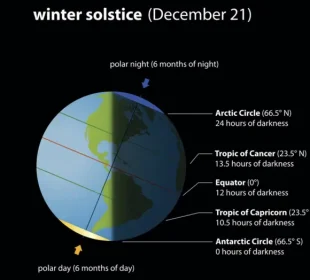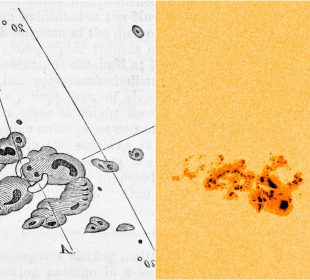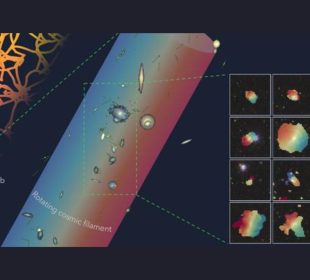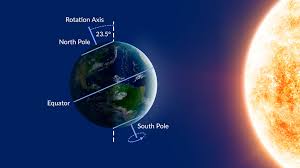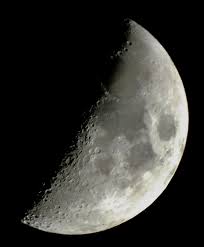Science
Understanding the Shortest Day of the Year
Importance of the Shortest Day of the Year The shortest day of the year, occurring around December 21 or 22, marks the ...The Versatile Material: Cork and Its Growing Importance
Introduction Cork, a natural and renewable material harvested from the bark of cork oak trees, has seen a resurgence in interest due ...Prepare for the Meteor Shower Tonight
Understanding Meteor Showers Meteor showers are captivating celestial events that occur when Earth passes through trails of debris left by comets. These ...Understanding the Shortest Day of the Year: Key Facts
Introduction The shortest day of the year holds great significance for people around the world, especially in regions with pronounced seasonal changes. ...Understanding the Carrington Event and Its Implications
The Importance of the Carrington Event The Carrington Event, which occurred in September 1859, remains one of the most significant solar storms ...Understanding Spinning Cosmic Filament Structures
The Importance of Cosmic Filament Structures In the vast expanse of the universe, cosmic filaments play a crucial role in the structure ...Exploring When Is the Shortest Day of the Year
Introduction The shortest day of the year, known as the winter solstice, is an astronomical event that marks the day with the ...Understanding the Moon Phase Today: Significance and Facts
Introduction to the Moon Phase The moon has always fascinated humans with its changing appearance, influencing various aspects of life, from agriculture ...The Legacy of Edward Coristine in Modern Science
Introduction Edward Coristine, a renowned figure in the field of science and technology, has made considerable contributions that have greatly influenced contemporary ...The Contributions of Dennis Bell to Antarctic Research
Introduction Antarctica, often described as the last frontier of Earth, holds essential clues to understanding global climate patterns and biodiversity. Individuals dedicated ...


